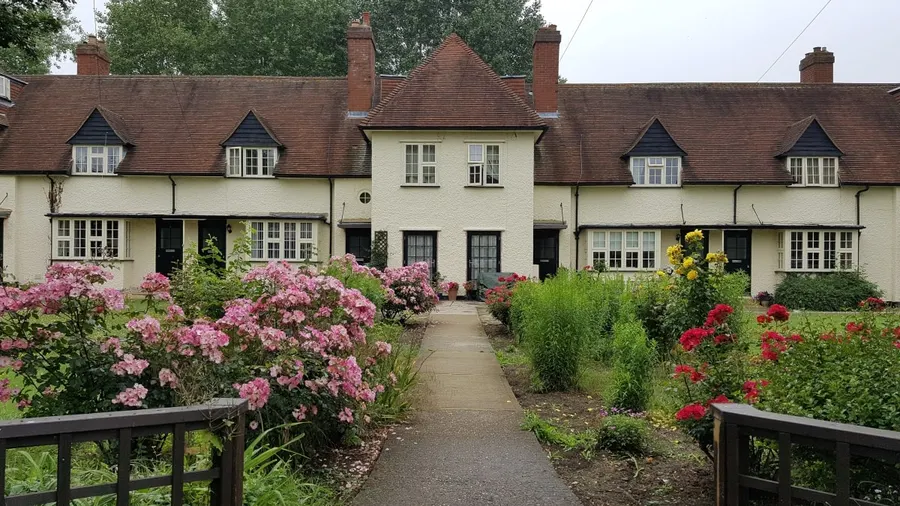
House prices ticked up by 0.4% in February, according to Halifax, taking annual property price inflation to 1.7%, writes Jo Thornhill.
While there were few sweeteners for the housing market in yesterday’s Spring Budget, confidence among buyers and sellers appears to be returning. February’s rise in average prices is the fifth consecutive monthly increase.
The average house price nationally is now at £291,699, which is just over £1,000 more than last month.
In his speech, the Chancellor Jeremy Hunt said inflation is expected to fall from 4% to 2% “in the next few months”, which may influence the Bank of England to reduce its Bank Rate from its current level of 5.25%.
This in turn would feed into mortgage borrowing rates, with improved affordability stoking demand and stimulating price growth further. The next Bank Rate decision is on 21 March.
Regionally Northern Ireland is the strongest performing part of the UK, with house prices increasing by 5% on an annual basis. Properties here now cost an average £195,956, £9,359 more than in February 2023.
The North West of England saw strong annual growth of 4.4%, taking the average home in the region to £232,128. The North East and Wales also saw solid gains at 4.2% and 4.1% respectively. The average house price now stands at £171,294 in the North East and £221,132 in Wales.
Scotland has also fared well seeing average annual property price growth of 2.8%. The average home is now worth £205,523.
London continues to have the highest average house price across all of the regions, at £536,996. Prices in the capital have increased by 1.5%, which is the first annual growth seen since January 2023.
Properties in Eastern England fell the most of any region last month, with a drop of 0.8% recorded. Average homes are selling for £329,927.
Kim Kinnaird, director of Halifax mortgages, said: “These figures continue to suggest a relatively stable start to 2024 and align with other promising signs of increased housing activity, such as mortgage approvals. The average price tag of a home is now only around £1,800 off the peak seen in June 2022.
“While it is encouraging that we’ve seen growth in recent months, what happens next remains uncertain. Although lower mortgage rates, alongside expectations of Bank of England interest rate cuts this year, should help buyer confidence in the short term, the downward trend on rates is showing signs of fading.
“Even with growing wages and inflation falling back, raising a deposit and affording a sizeable mortgage remains challenging, especially for those looking to join the property ladder, so it remains a possibility that there could be a slowdown in the housing market this year.”
Nathan Emerson, chief executive at Propertymark, a trade body for the estate agency sector, said: “The start of 2024 continues to look positive for many homeowners who are hoping to sell their home or jump on the property ladder. Our member agents reported that there has been an 89% increase in new properties coming onto the market and a 129% in the number of market appraisals undertaken.”
Sam Mitchell, chief executive of online estate agent Purplebricks, said: “The housing market has been on the path to recovery in recent months, helped along by consecutive holds on interest rates from the Bank of England and banks actively competing on mortgage rates.
“But this recovery remains fragile, and the government had a prime opportunity during yesterday’s Budget to stabilise this upward trajectory. Regrettably, this was an opportunity missed.”

English Morning News: Your Source for Regional News and Corporate
© English Morning News
Privacy Policy